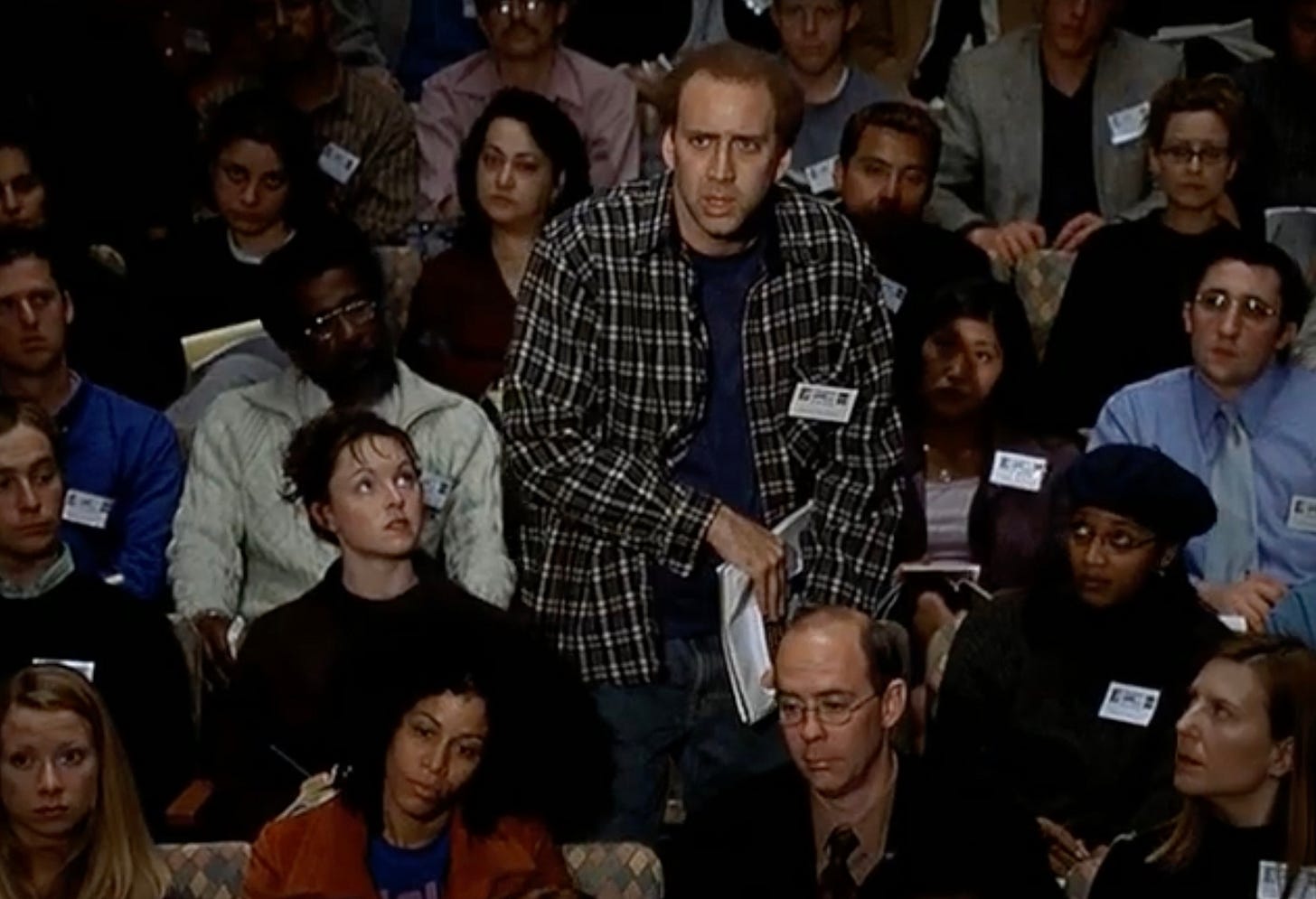Throughout our Conflict discussion I’ve been asked a number of times about stories without Conflict — which I understand as "stories without Conflict as a central organizing mechanic".
Over the last few weeks we’ve been isolating and foregrounding the Conflict mechanic for heuristic reasons in order to broaden our understanding of how traditional stories work mechanically, but I’ve stressed that in the wild Conflict tends to have all manner of expression. Sometimes a story’s Conflict can be muted or dispersed in a way that makes it difficult to apprehend. Take the Conflict in Michael Deagler’s wonderful novel, Early Sobrieties. From one angle Early Sobrieties may seem to lack the type of Conflict with a capital C I’ve been going on about, but that’s not the case at all. The novel’s organizing Conflict is the battle for sobriety (which in effect is a battle for life) — will Dennis remain sober or will he lapse back into addiction? This Pervasive Conflict hangs over all the disparate chapters, subsumes all the smaller conflicts, knits the entire narrative together, helps to delineate the stakes, and forms the reason we’re reading this particular story at this particular time.
But misapprehension notwithstanding, the question remains: is it possible to write a story without Conflict?


